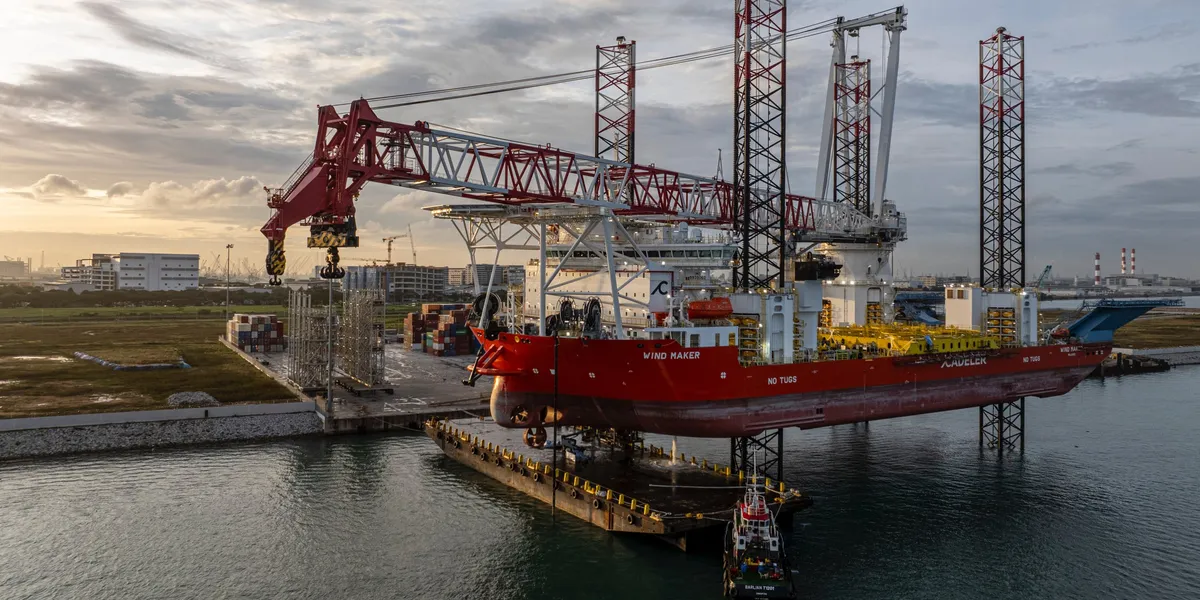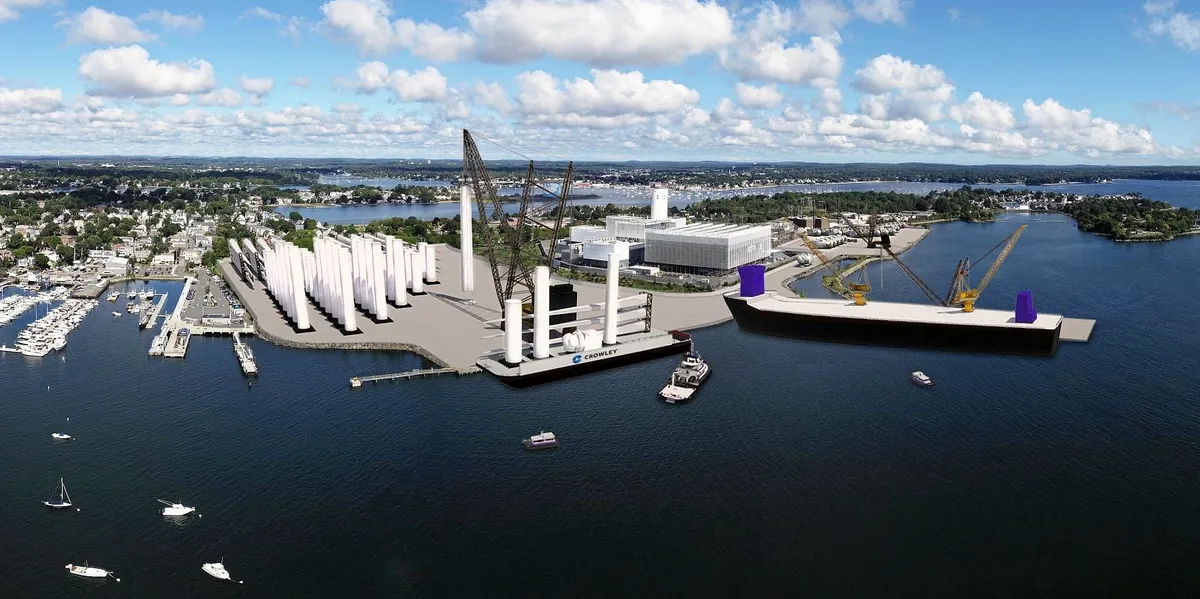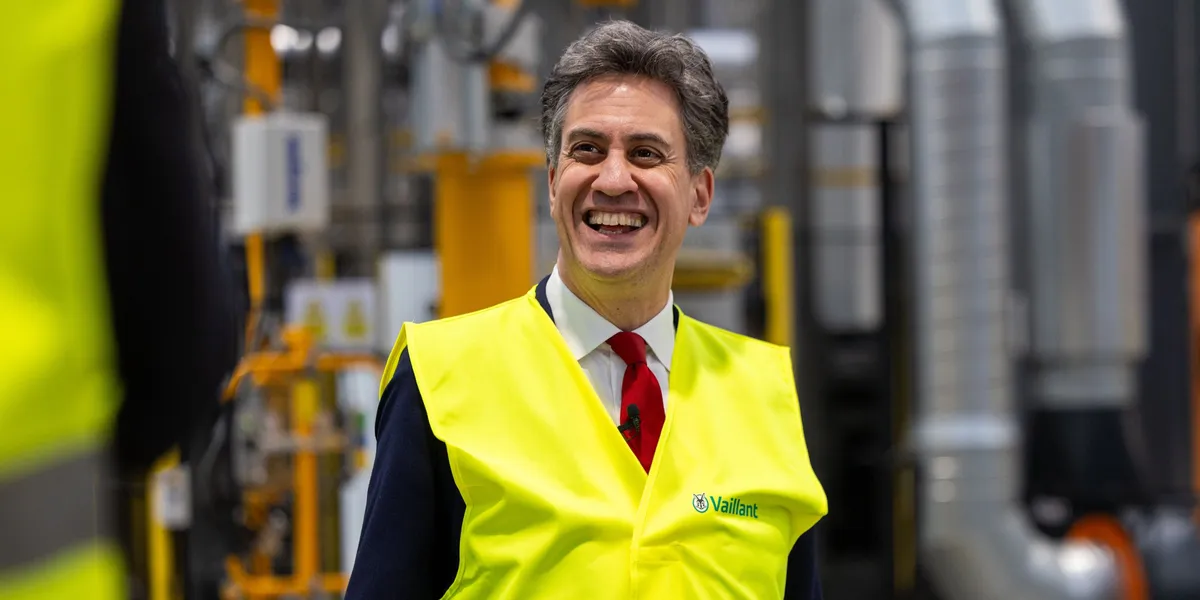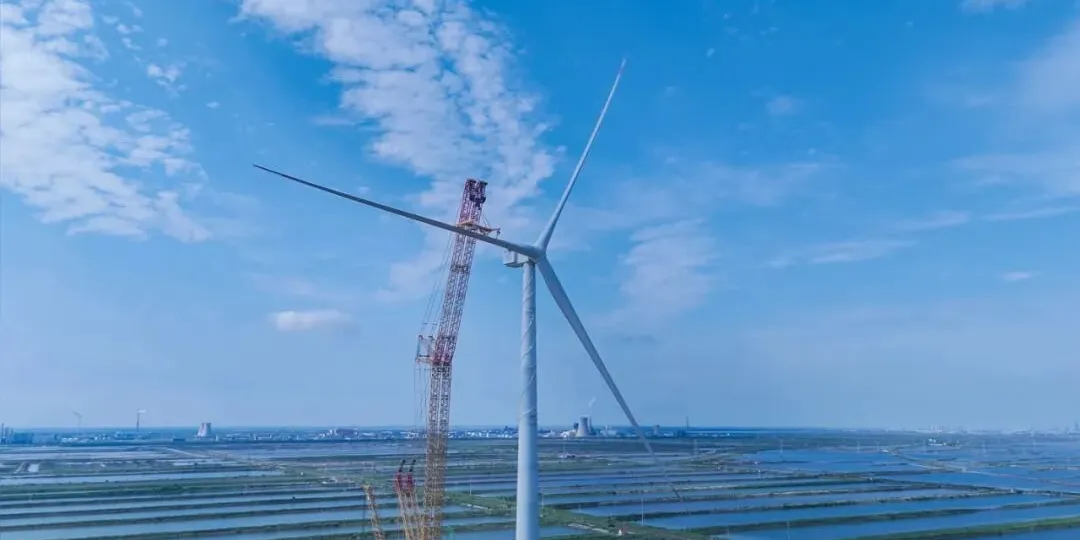Hanwha Qcells is still working towards full operations at its sprawling solar supply chain facility in Cartersville, Georgia, but the company already has a plan for what to do with panels that reach end-of-life (EOL).
This week, folks overseeing the largest end-to-end solar manufacturing operation in the Western Hemisphere announced their intent to enter the recycling market with the launch of EcoRecycle by Qcells, a new vertical designed to address the growing challenge of solar panel waste and reduce the industry’s overall environmental footprint.
This year, EcoRecycle will launch recycling operations at a state-of-the-art plant in Cartersville, near Qcells’ soon-to-be fully operational production facilities. At full capacity, EcoRecycle’s shop in Georgia will have the ability to recycle approximately 250 megawatts (MW) of solar panels annually (around 500,000 panels per year), repurposing materials including aluminum, glass, silver, and copper.
“As the U.S. moves towards a more sustainable and self-reliant solar industry, EcoRecycle by Qcells is committed to pioneering innovative recycling technologies that not only reduce environmental impact, but also create economic opportunities,” said Jung-Kwon Hong, head of Hanwha Qcells manufacturing group. “Through strategic investments and cutting-edge solutions, we are positioning ourselves as a leader in the circular economy, ensuring that solar energy remains a truly renewable and responsible power source.”
Qcells says it plans to expand with recycling centers across the U.S., aiming to optimize logistics and scale up operations to enhance efficiency. The company notes that the supply of decommissioned panels is anticipated to continue increasing annually, prompting EcoRecycle to take proactive steps to address the problem through innovative recycling solutions.
EcoRecycle will focus on three key initiatives:
- Offering a cost-saving, take-back service with low recycling fees, ensuring seamless, affordable, and responsible solar panel disposal
- Advancing proprietary high-purity resource separation technology to maximize material recovery, reuse, and sustainability in solar recycling
- Reducing carbon emissions in PV panels production through the utilization of recycled resources, strengthening the domestic supply chain, and promoting a circular solar economy
Currently, a lack of mandatory recycling regulations has led to the majority of waste solar panels being sent to landfills, Qcells notes. However, state-level discussions on mandatory recycling policies are gaining momentum in the U.S., and the solar recycling industry is rapidly evolving. New advancements in recycling technology are driving cost reductions and enhancing the value of recovered materials through high-purity resource extraction methods.
“With this new business, Hanwha Qcells will emerge as the first-ever crystalline silicon (C-Si) solar panel producer to possess a full value chain, conducting both solar panel manufacturing and recycling on U.S. soil,” added Kelly Weger, senior director of sustainability at Hanwha Qcells. “Effectively managing solar waste is essential to ensure the long-term sustainability and resilience of the clean energy sector. We’re proud to be leading the charge with the launch of EcoRecycle by Qcells.”


Qcells closed on a $1.45 billion loan guarantee from the Department of Energy (DOE) in December 2024 for its Cartersville operations. The Cartersville factory, one of the pillars of Hanwha Qcells’ U.S.-based integrated solar power production complex, the Solar Hub, plans to expand its annual manufacturing capacity of ingots, wafers, cells, and modules to 3.3 gigawatts (GW) this year. Qcells’ Dalton, GA factory, another key axis of Solar Hub, completed its expansion at the end of 2023, tripling module production capacity from 1.7 GW to 5.1 GW annually. The two factories will increase Hanwha Qcells’ total annual production capacity of modules to 8.4 GW, enough to generate the electricity required to power 1.3 million households in the U.S. for a year.
According to an economic review provided by the Cartersville-Bartow County Department of Economic Development, Qcells will indirectly create nearly 6,800 jobs in Bartow and Whitfield Counties, and the end-to-end manufacturing facility has a potential sales output of more than $2 billion per year.








